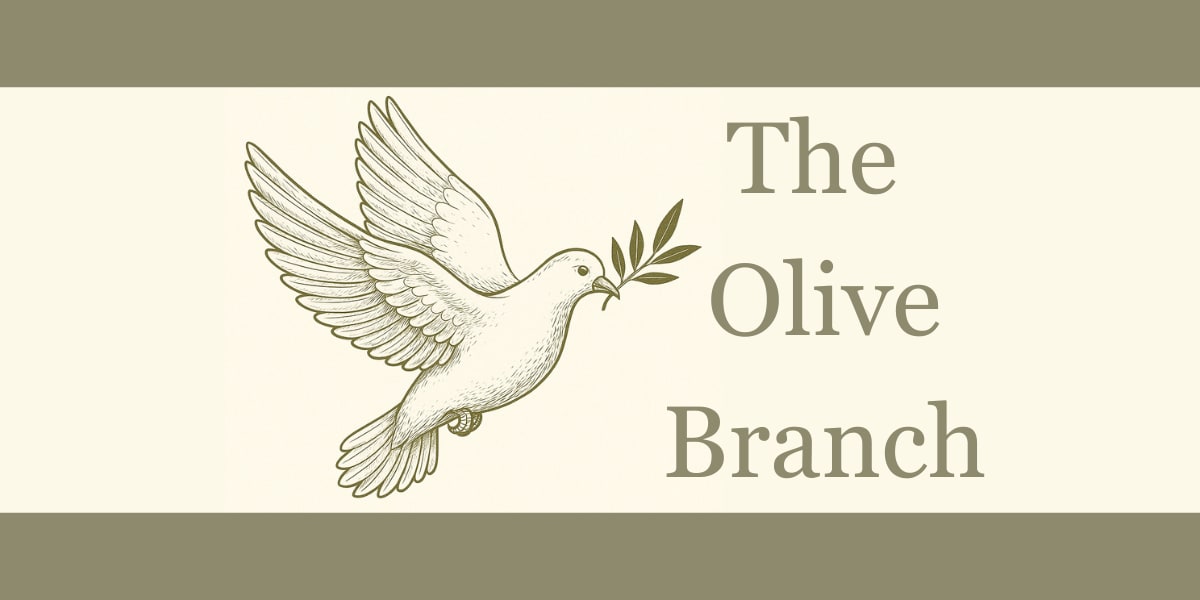The above title is the motto of the Trinitarian Bible Society which, since 1831, has faithfully translated and published hundreds of millions of Scripture items since the Society’s formation. This has been accomplished without money from government departments, but simply a reliance upon the Lord to move the hearts of His people to give their freewill offerings.
The work continues to expand dramatically. Looking back a few years, around 35 translation projects were under consideration. By 2022 the number had increased to 66; by the following year, over 70, and last year, the number had risen to over 100.
For your encouragement, consider the current situation in Nepal. Gross darkness has covered the people. Superstition is everywhere. Take for example the Boeing 757 that broke down on the runway at Kathmandu – the country’s capital city airport. Some local worshippers questioned as to what was the cause and what could be done. Assuming one of their gods must be angry and therefore needed to be appeased, a goat was sacrificed at the nose of the aircraft!
Hinduism has held sway from before the time our Saviour came to earth; Buddhism and ancestor worship are also practiced. In Hinduism you can practically invent your own deity (house gods) to suit your own purposes. So, it is said, there are more gods worshipped than people (30 million people), and more temples and shrines than houses. It’s dark, very dark – however, it’s not all bad news.
Back in the 1980s, it was believed that there were only 500 Christians in Nepal; today, the figure stands around 1.5 million. Some suggest is it somewhat higher, possibly as much as 10% of the population (3 million). So, not only do the towns and cities have a Christian witness, but even some remote rural villages have a gospel testimony. Although 90% do not have Church building in which they can meet and have to make do with a privately owned building. Alarmed at the rapid increase of Christian Churches, some are pushing for a Hindu kingdom to be established to supress this growth phenomenon. This obliges many Christians to be discreet when they meet for worship and to conduct evangelistic activity behind the scenes.
The Trinitarian Bible Society has produced a faithful translation in the Nepali language, which is certainly meeting a need – a translation directly from the Hebrew and Greek. Twenty-seven painstaking years passed before it was completed. Previously, the only Nepali Bible available was a poor translation from a Hindi Bible, which left a lot to be desired when it came to accuracy and completeness. For example, Proverbs 27:10 tells us that ‘Better is a neighbour that is near, than a brother far off.’ Unfortunately, the earlier Nepali translators completely mis-rendered the verse and conveyed the idea that better is a demon in the house than a brother far off.’
So well has the TBS Nepali translation been received that over 100,000 copies have been distributed, not only in Nepal but in regions of India where the language is used. Such has been its reception that the Society has been approached by other tribal language speakers who wish to engage in a similar project in their lesser-known language. Nepal is linguistically diverse, and as many as 131 languages are spoken. TBS now has about a dozen pilot projects in their early stages, three of which have the gospel of John published already. This is ideal, for the Word of God is understood the best in the mother tongue. In addition, an audio format of the Nepali Bible is available, so, one way or another the Word of God can be accessed.
The ambition of the Trinitarian Bible Society is to follow in the footsteps of the great pioneer translator, William Tyndale, whose magnificent English New Testament was completed 500 years ago this year. Like him, we translate from the providentially preserved textual basis, commonly referred to as the Traditional Text of the Bible, and using the same translation philosophy known as formal equivalence – which in layman’s terms means a word for word translation method, rather than dynamic equivalence which tends to be more of an idea for idea method, which is a relatively novel approach and leans towards a paraphrase style rather than a direct translation.
The word for word approach is right, for what better way to translate God’s Word than to keep as close as possible to the very words the Holy Spirit inspired? The interest shown in the Society’s work by the Fellowship at The Heath is deeply appreciated. ‘Brethren, pray for us.’
Graham Chewter



